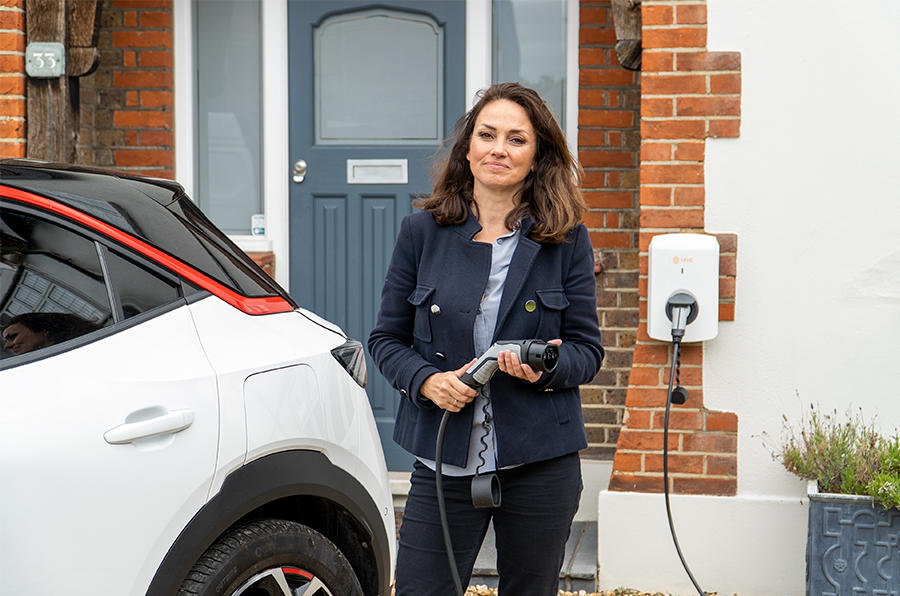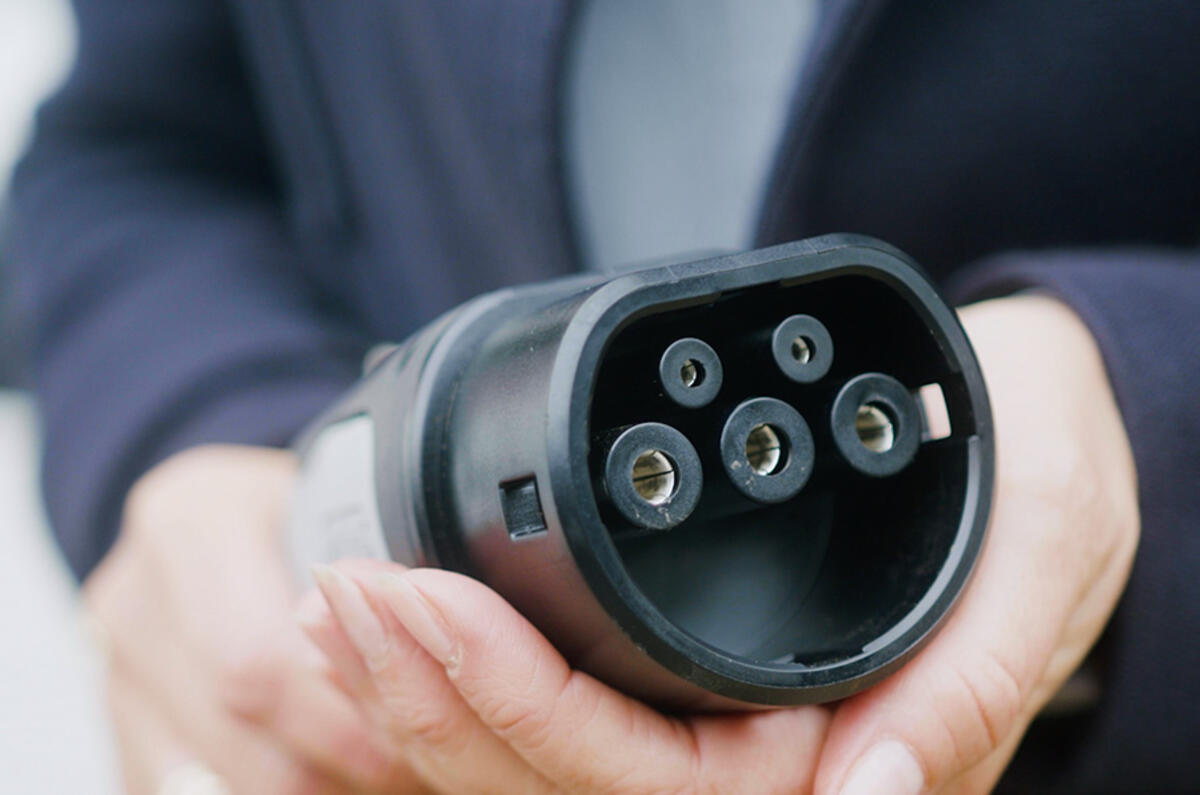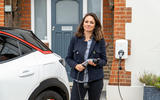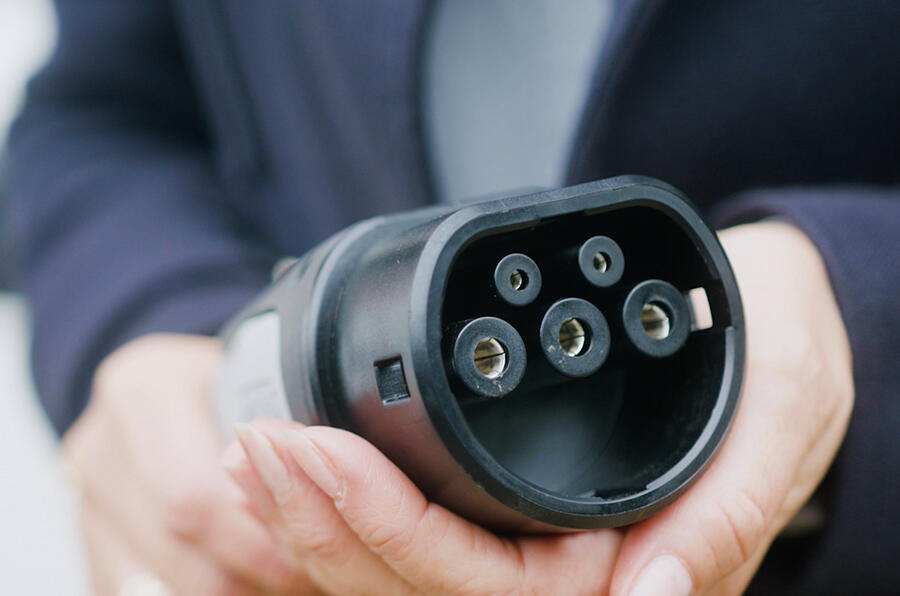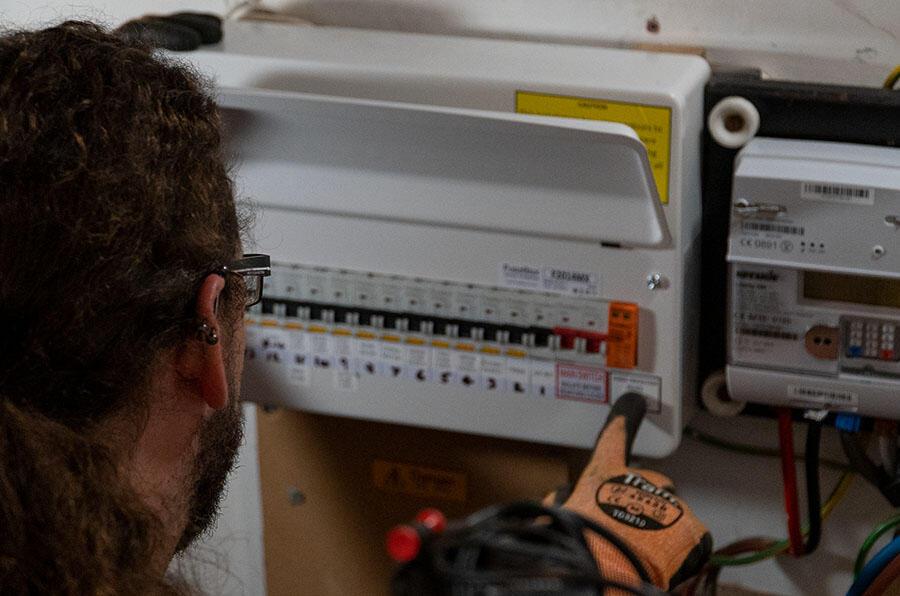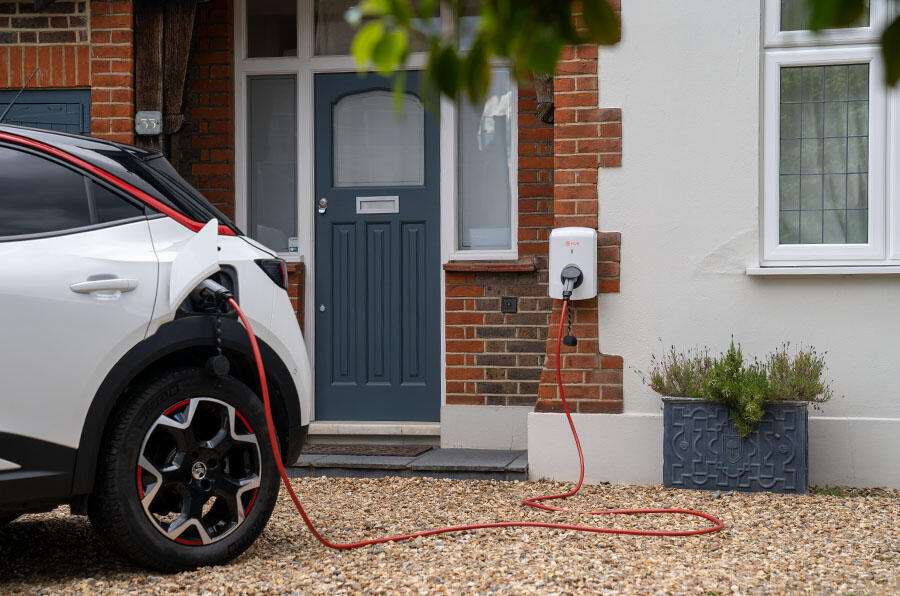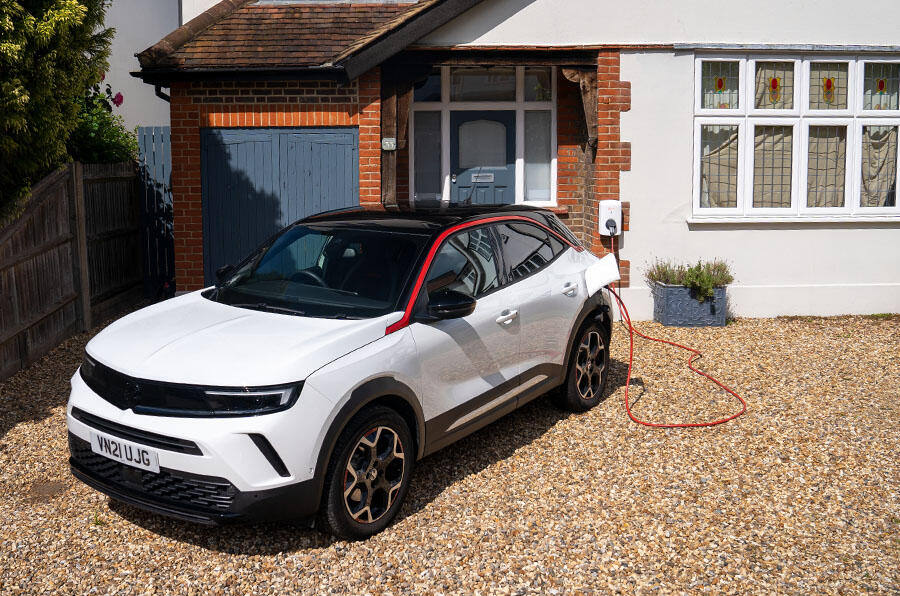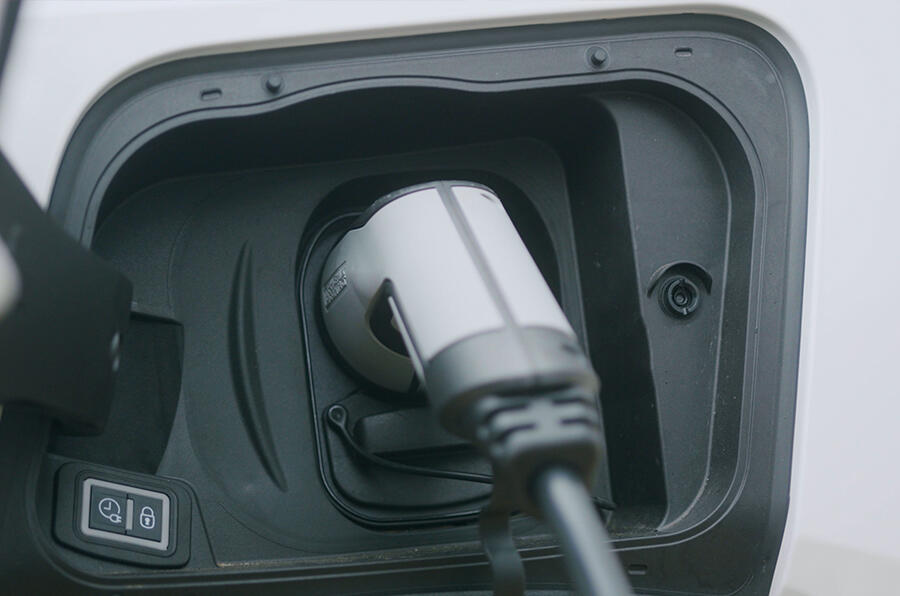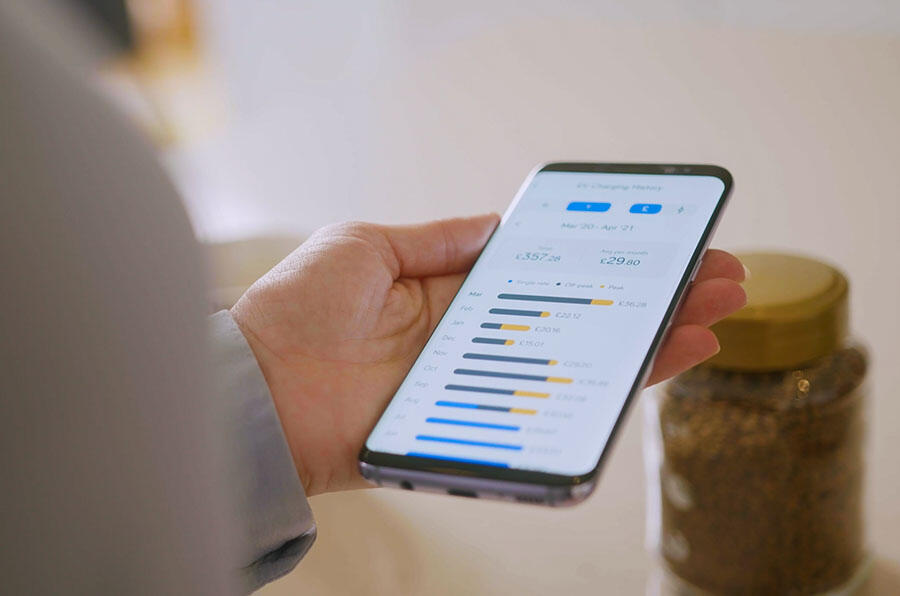Of the big reasons to upgrade to an electric car, the significant cost savings of EV charging certainly come near the top of the list. But while every wave of new all-electric models boasts ever-improved range, and while the wealth of public charging options grows every day, there are still concerns about range and charging anxiety.
At Autocar, we want to give more people the confidence to go electric. That’s why we’ve partnered with Hive and British Gas as our Official Home Charging Partner – because there’s no substitute for home charging as the easiest and most cost-effective answer to many of the worries about range and recharging.
So, to get you started, here are some simple answers to some of the big questions and myths around everyday EV charging.
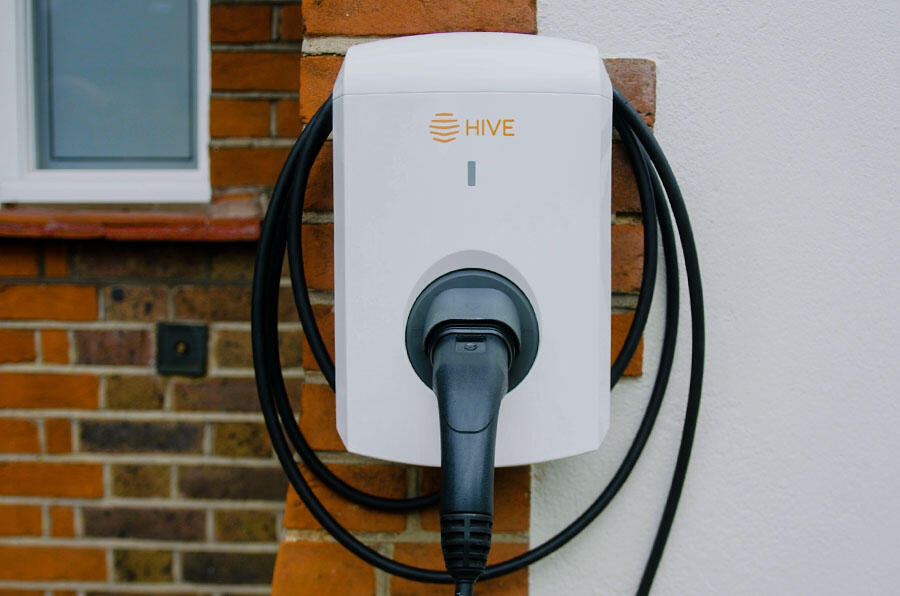
Where’s the best place to charge? On-the-go or at home?
Think of a public charger as a solid solution for a fast, convenient, on-the-go top-up while you give your range a big boost over coffee or lunch on a long road trip, or add a few miles to your range while you’re doing an afternoon’s shopping or a trip to the gym. With over 30,000 charging devices across the UK, there are certainly plenty of opportunities to add a little extra range on your way from A to B.
But why not re-think charging? With more electric cars on the road than ever before, the public charging network can get congested, it’s not always reliable, and long wait times for a charger to become free are quite common. Plus, while public charging costs are, on average, cheaper than petrol or diesel, they’re still relatively expensive. And the wealth of different charging operators can make paying for charging hard.That’s where the sort of smart home charging solutions provided by the likes of Hive EV Home Charging reign supreme. As you simply plug in your car at home, when it’s not being used anyway, it’s instantly more convenient. It’s also more cost-effective, too. According to the Energy Saving Trust, over 10,000 miles you can expect to pay around 40% less by opting for home charging over public charging.By charging at the most cost-effective home energy rates overnight, or using an electric car-friendly tariff, you can cut your driving costs significantly. And, as your car is likely to be fully charged for your next trip, you can wake up knowing that you’ve got the potential to start every trip with the maximum range, ready to take you wherever you need to go. Petrol can’t come close to beating that.

